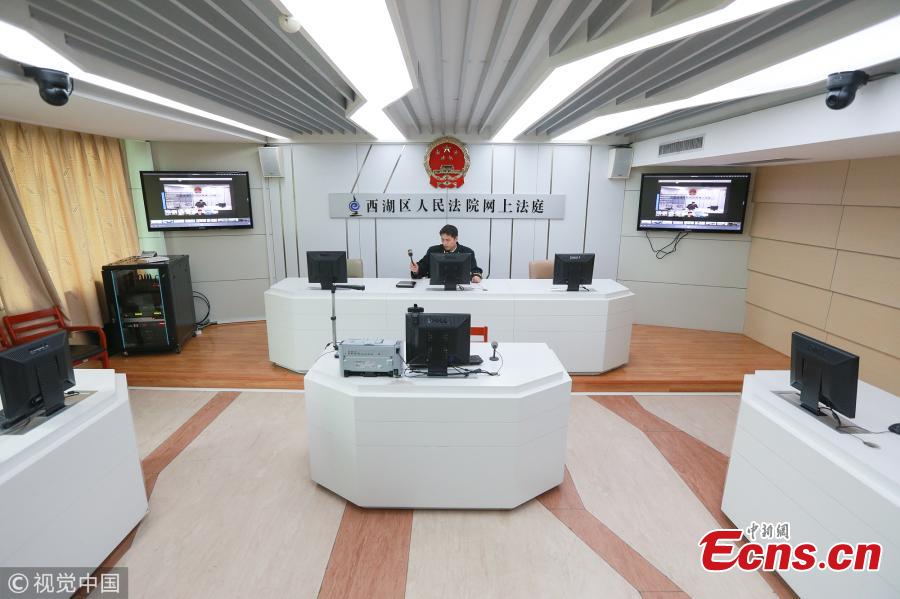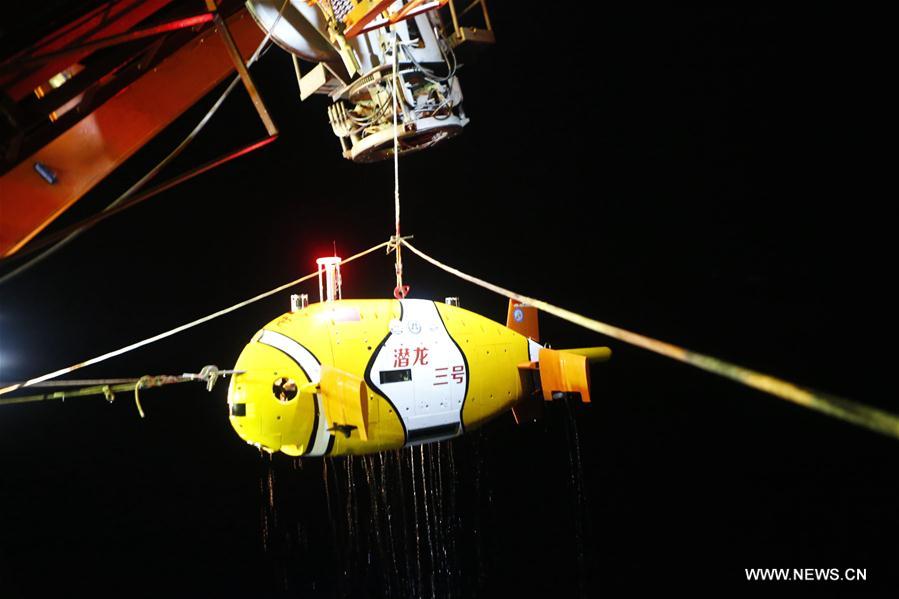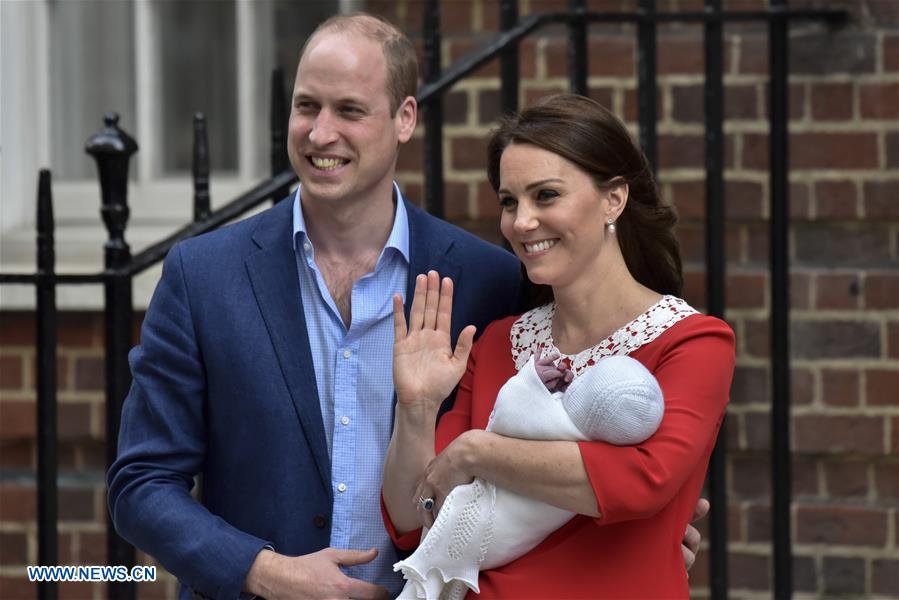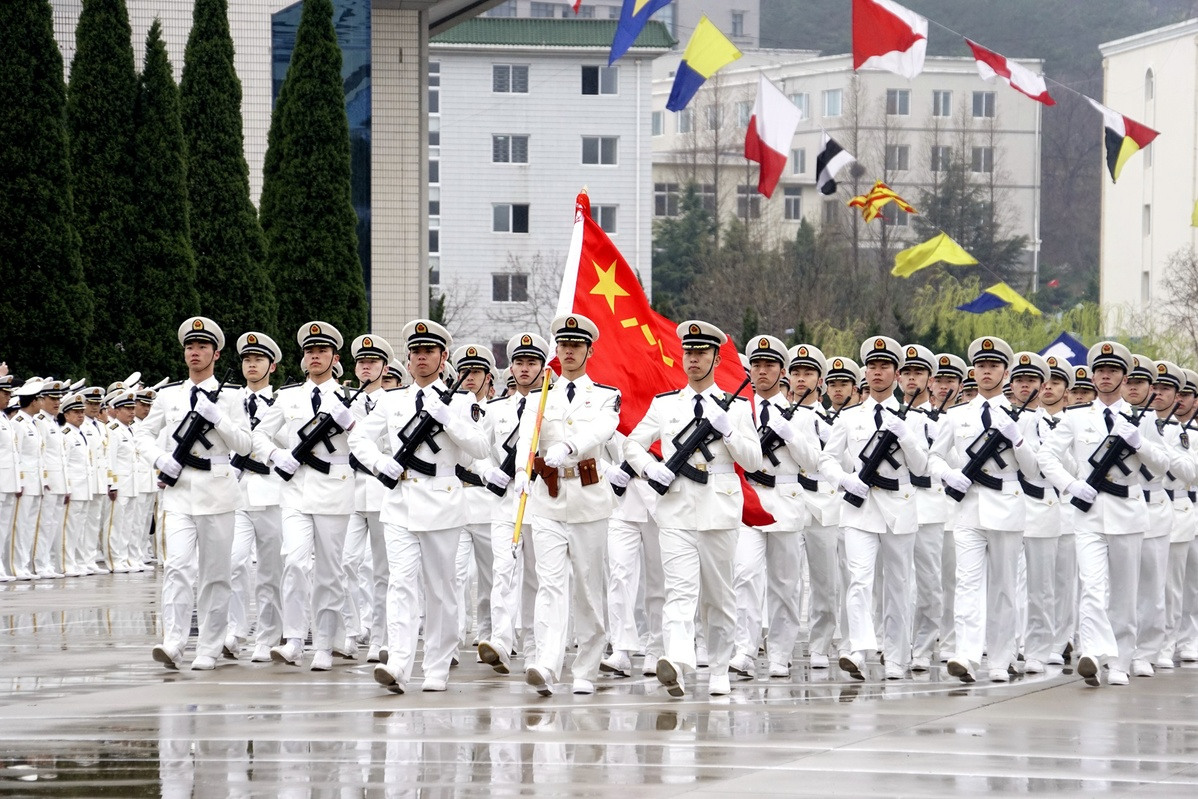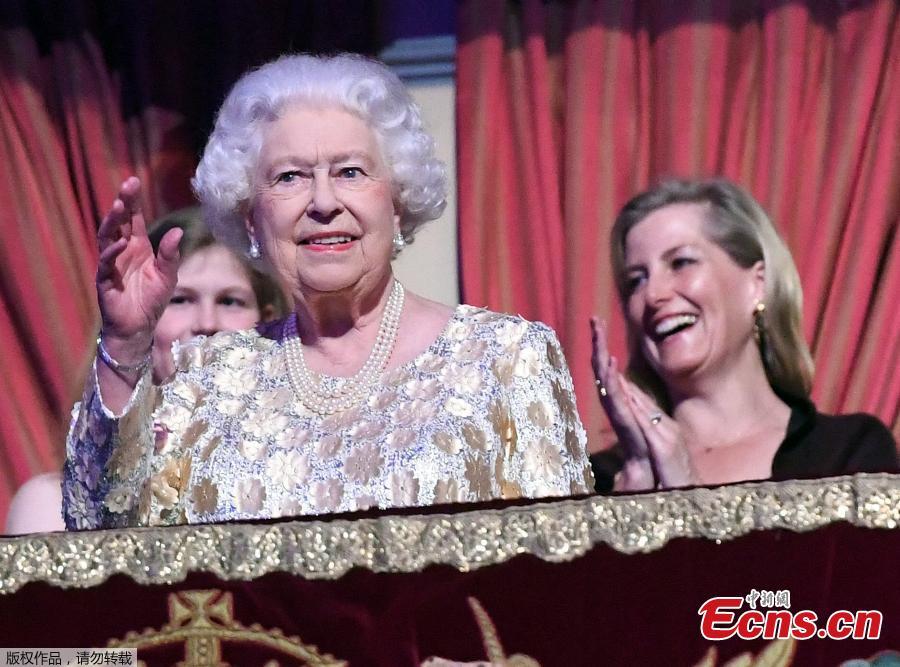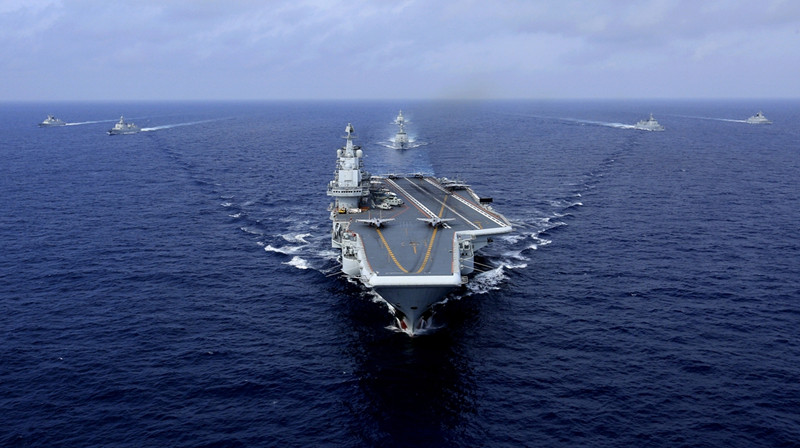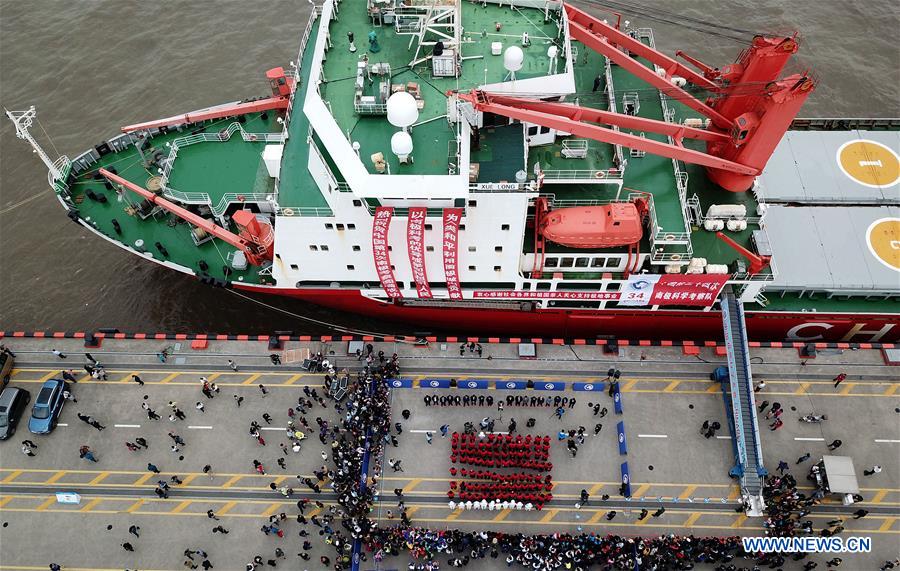Washington would be "naïve" in the upcoming talks with the Democratic People's Republic of Korea (DPRK) to remove sanctions until the country took concrete steps in denuclearization, the White House spokesperson Sarah Sanders said on Monday.
Sander told reporters that the United States will continue to press the DPRK and will not lift sanctions until concrete actions are taken towards complete and total denuclearization.
When answering to reporter's questions on the optimism that Pyongyang really will denuclearize, Sanders said: "We’re not going to make mistakes from previous administrations, and we’re not going to take the North Koreans (DPRK) simply at their words."
She also called on more efforts to be made by U.S. allies and partners.
China has taken a more active role in putting pressure on Pyongyang, and it can certainly do more and continue working with the U.S., she said.
Meanwhile, Chinese Foreign Ministry said countries should consider relaxing pressure given the recent positive development on the Korean Peninsula.
"The international community should give positive consideration to all efforts that are conducive to further easing the situation on the Peninsula and bringing the Korean Peninsula nuclear issue to the track of peaceful settlement through negotiation and dialogue," spokesman Lu Kang said at Monday's regular briefing.
On Friday, Pyongyang announced to complete its nuclear and missile programs and focus on "socialist economic construction".
Kim Jong Un said at a ruling Worker's Party gathering that the country should focus on "socialist economic construction" now that it had completed the development of its nuclear arsenal.
US Defense Secretary Jim Mattis seemed to be more positive than the White House on the upcoming US-DPRK talks.
"I think there is a lot of reasons for optimism that the negotiations will be fruitful, and we’ll see,” Mattis told reporters during a press conference with the visiting Thai defense minister.
Kim is expected to meet U.S. President Donald Trump in late May or early June.
Pentagon spokesman Colonel Rob Manning said the Pentagon has not changed its readiness to fight on the Korean Peninsula in light of recent developments. "From a military perspective from the Department of Defense, there has been no change in our posture and our determination to be ready to fight tonight," Manning said.
(With inputs from AFP)












